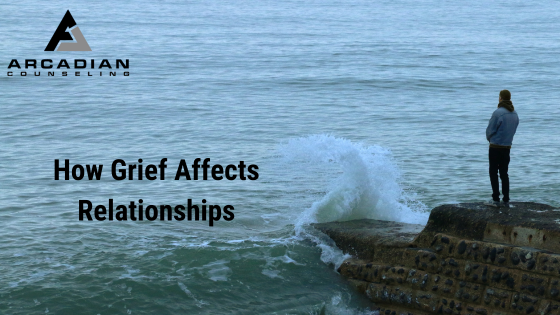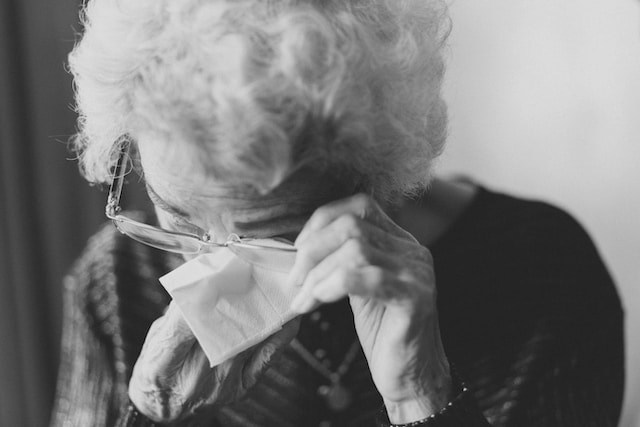Dealing with the death of a loved one is often the biggest challenge one faces in life. Grief can feel overwhelming and consume every facet of your life. Grief affects relationships too and in many different ways. This is the time that you need the comfort of others the most, and yet for so many people, social connections often feel strained as your relationships and social network seem to be flipped upside-down when you’re in the midst of grieving.
4 ways grief affects relationships
1. Your Support System Will Likely Surprise You
You may be surprised who steps up in your greatest hour of need. Some of your closest loved ones, those who have been by your side through dating and childbirth and other life dilemmas, may end up not being there for you during your bereavement.
For many of us, it’s the folks you’d least expect who show up while you grieve. An old friend you’ve lost touch with, a co-worker you’ve hardly spoken to but who understands the complexities of living with death… these are sometimes the people who help the hurt go away.
2. You Will Feel Angry – And That’s Okay
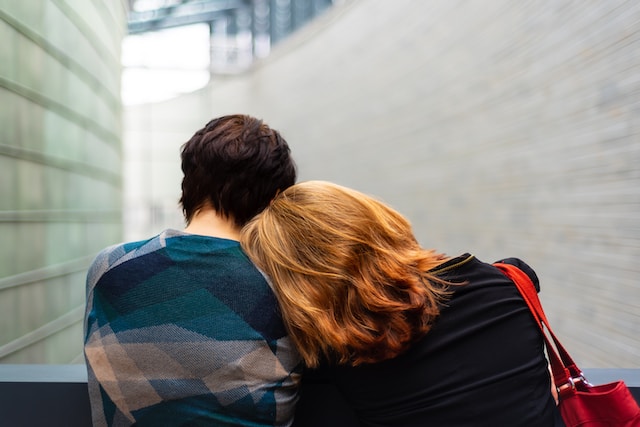
Anger isn’t your enemy. It’s your friend. So learn to make friends with it so you can use it to your benefit – not your detriment.
You will try and understand why your closest friends and relatives seem to have abandoned you during one of the most painful times in your life. But understanding won’t make the pain of it go away.
It’s helpful to realize that not everyone can cope with death and loss, including the people closest to you. It’s also important to recognize that feeling this additional pain, and even anger and resentment about feeling abandoned, is totally normal and okay. Sometimes people let you down and that doesn’t mean anything more than that.
3. People Will Avoid You
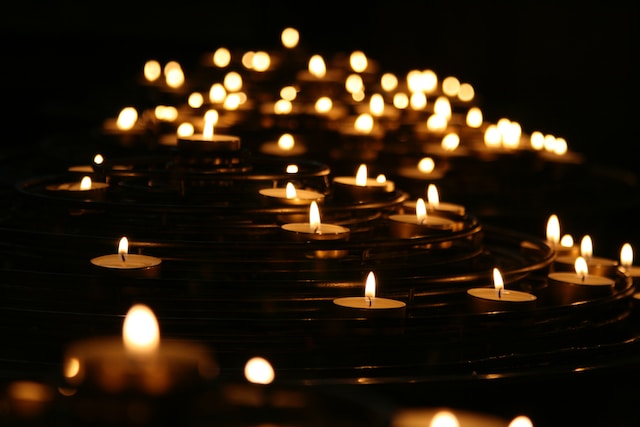
Sometimes when we’re grieving it feels like people are avoiding us, and that’s because they are!
Grieving the death of someone close to us is something all of us will go through, but some people cannot handle this reality. Just the thought of a loved one dying is more than many people can bear. Seeing your pain and sitting with you in your time of darkness will force others to look this stark reality in the face. And many people simply can’t do it.
So if it feels like friends and family seem to be avoiding you, understand it is most likely because they cannot handle their own fears of loss. It’s about them, not you and your pain.
4. You Will Have Something in Common with Others
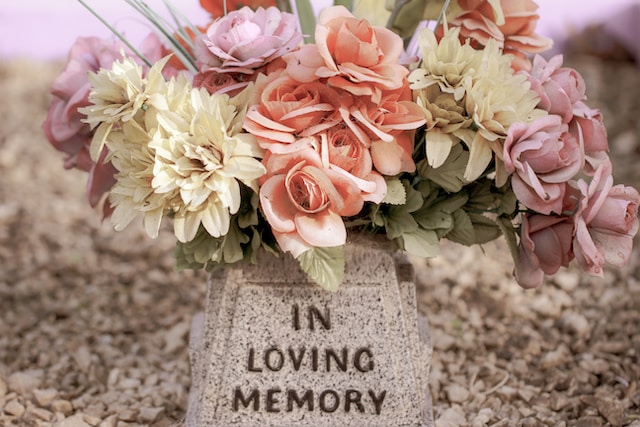
You’re not a member of the grief club until you’ve experienced a painful loss.
For most people, it’s hard to comprehend some things until they experience it themselves: Having children, running a marathon, getting divorced to name a few. Losing a loved one is certainly on this list as well. While your inner circle will try to empathize with you, the reality is that you now belong to a special club and those who you feel close to and understood by may change.
This doesn’t mean you’ll no longer feel close to those you did before the loss, but it means you have now changed and how you perceive the world and others has changed as well
Relationships are hard, but they’re even more challenging during grief and loss. Go easy on yourself during this time and seek help and support. Consider joining a support group. If you find you need additional support, find an awesome therapist you like and trust to help process your grief in a way that allows you to move forward with your life.
James Killian, LPC is the Principal Therapist & Owner of Arcadian Counseling in Greater New Haven, CT where they specialize in helping over-thinkers, high achievers, and perfectionists reduce stress, increase fulfillment and enhance performance so they can move From Surviving To Thriving.

